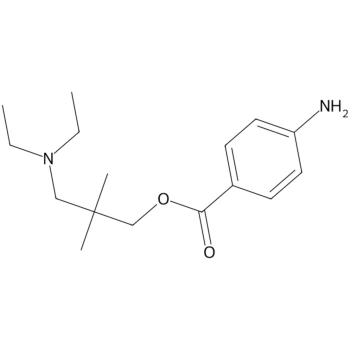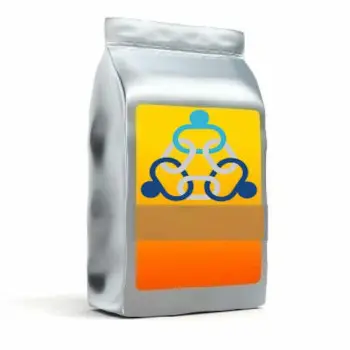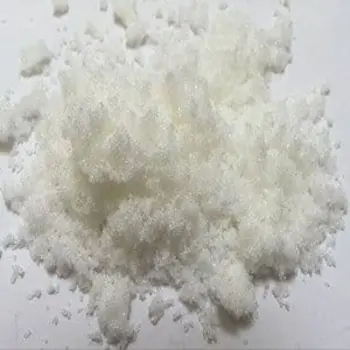Ephedrine Powder | Buy Ephedrine Powder | Ephedrine Powder For Sale
Ephedrine is considered a decongestant and bronchodilator. This drug works by reducing swelling and constricting blood vessels within the nasal passages and widening the lung airways, allowing the patient to breathe more easily.
Warnings & Precautions for Ephedrine Powder
Do not use this product (Ephedrine powder) if:
- you know you are allergic to this medication
- you have not been diagnosed as an asthma patient
- you have ever been hospitalised for asthma
- you have a diagnosis of asthma but use other prescription asthma medications
- you are taking a monoamine, oxidase (MAO) inhibitor (e.g., phenelzine) at the moment or have taken an MAO inhibitor within the last 14 days
- you do not know if the drug prescript to you contains an oxidase (MAO) inhibitor, ask your health care provider before taking this drug
- you are a patient that have heart disease, high blood pressure, thyroid disease, an irregular heartbeat, difficulty in urination due to enlargement of the prostate gland or other severe heart problems, or diabetes.
Ephedrine Powder and ephedrine are both used for breathing problems, asthma, and nasal swelling/congestion caused by chilly or allergies.
Availability of Ephedrine Powder
Ephedrine Powder is available within the US as a nonprescription medication for the relief of breathing problems. There are pretty much safer, and we think more effective drugs out there which is why this product is rarely used. For instance, we have albuterol, pseudoephedrine and much more.
Ephedrine is the active ingredient in ephedra/ma huang. Ephedrine belongs to a class of medications that is called sympathomimetics. The drug works like a naturally occurring substance (adrenaline) that your body makes when it thinks it is in danger. It is a central nervous
Ephedrine Powder is a naturally occurring central nervous system stimulant obtained from the natural plant Ephedra Equisetina. It’s now also produced by chemical synthesis, of course, with the synthetic product being marketed in the form of its salt, which is Ephedrine Sulfate. The product occurs as a white crystalline powder, with a very bitter taste, it is soluble in water and very soluble in alcohol. Ephedrine is very closely related in structure to the other product, methamphetamine. However, it’s Central Nervous System (CNS) actions are much less potent and also longer-acting than those of the later, amphetamines. The peripheral stimulant actions of Ephedrine Powder are very similar to but less potent than those of epinephrine (also called adrenaline), which is a hormone produced in the body by the
adrenal glands.
Properties of Ephedrine Powder
Ephedrine Powder has a moderate quantity of potent bronchial muscle relaxant properties and is used for symptomatic relief in minor cases of asthmatic attacks. It is equally applied to reduce the risk of acute attacks in the treatment of chronic asthma. Ephedrine Drug in the form of nose drops is similarly widely used to relieve nasal congestion associated with the upper respiratory tract illnesses. It’s also used to treat low blood pressure because it constricts blood vessels and stimulates specific actions of the heart.
Side Effects
The common side effects are qualitatively similar to those produced by amphetamines and are generally milder.
Overdosage & Contraindications
Overdosage
Higher doses (overdose) of this product (Ephedrine Powder) can cause insomnia, dizziness, restlessness and anxiety, tremor, rapid pulse, sweating, respiratory difficulties, confusion, hallucinations, delirium, and (very infrequently) convulsions. The most dangerous symptoms of an overdose of Ephedrine Powder are rapid, irregular heartbeat, and abnormally high blood pressure. A dose of ephedrine, which is only two to three times the therapeutic maximum, can cause a significant increase in blood pressure. The older adults are particularly sensitive to overdose, and there have been a few deaths among such patients. Finally, several instances of psychosis, and clinically similar to amphetamine psychosis, have resulted from the chronic high-dose abuse. The other effects of chronic abuse have not been adequately studied.
Contraindications
Allergic reactions to ephedrine sulfate are infrequent. The hypersensitivity, if known, is a definite contraindication. Patients hypersensitive to the other sympathomimetics may also be hypersensitive to ephedrine sulfate.
Dosage and Administration of Ephedrine Powder
Adults
The typical adult dose range is 30mg to 60mg taken orally, three to four times per day, in the form of tablets. 25mg to 50mg given subcutaneously or intramuscularly. Intravenously, slowly administered 5 to 25 mg, repeated in 5 to 10 minutes, if necessary.
Children
The normal subcutaneous or intramuscular dose is 0.5 mg/kg of body weight or 16.7 mg/square meter of body surface every four(4) to six(6) hours of your time.
Visually scrutinised parenteral drug products for particulate matter and discolouration before administration, whenever solution and container permit.








